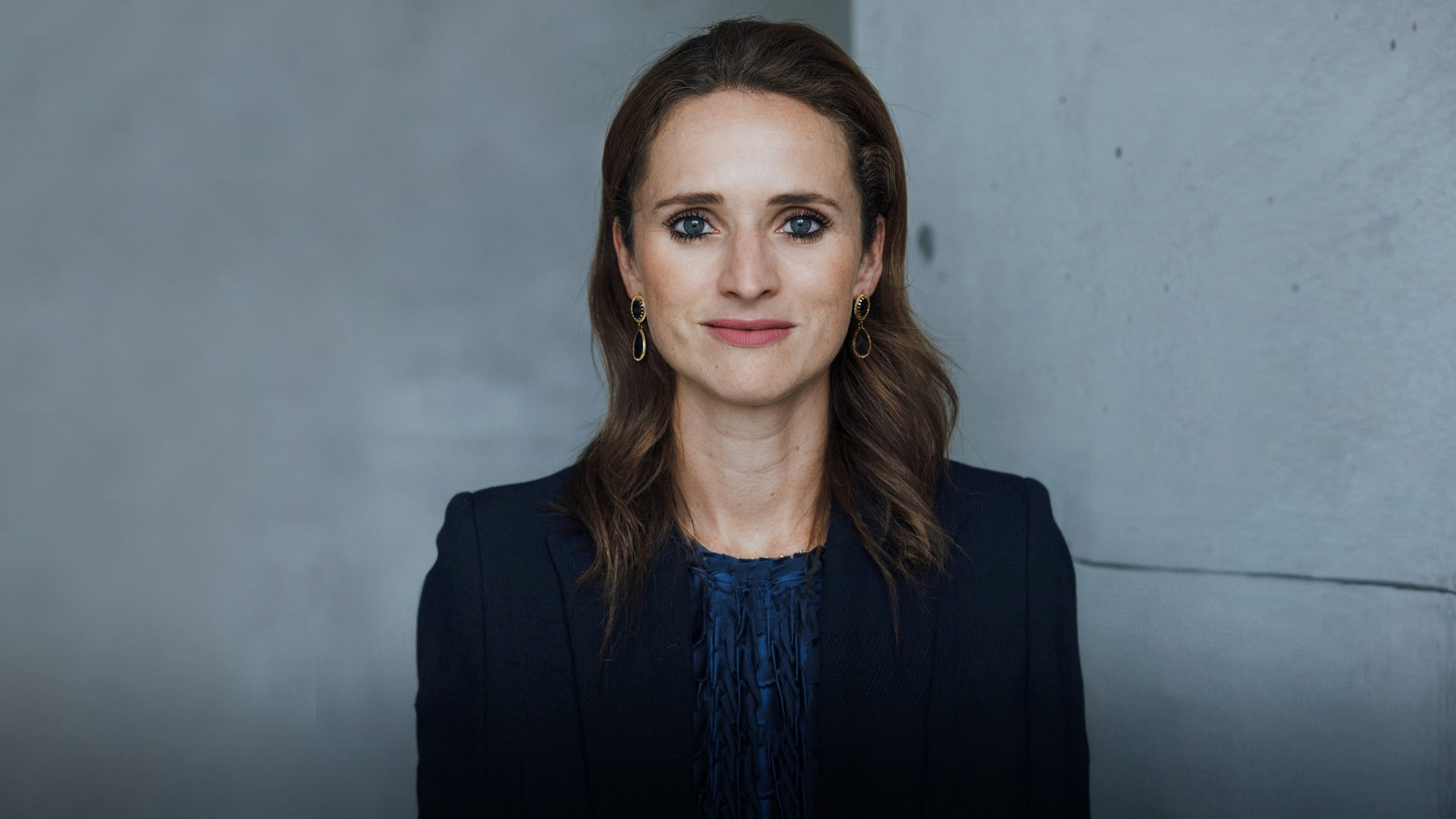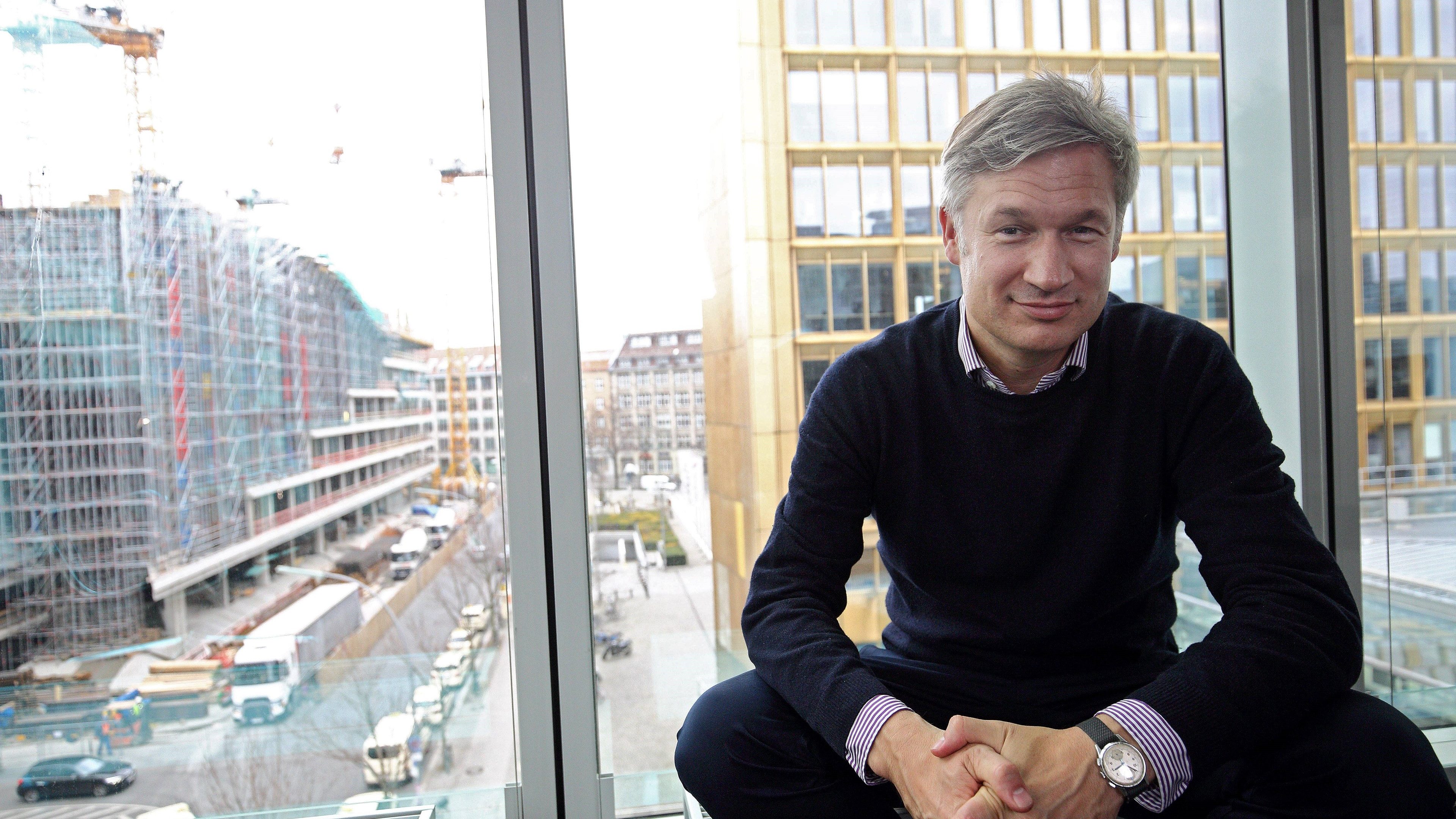The “Asian century” is well under way and is misunderstood in the West, argues Indian-American political scientist Parag Khanna. A discussion on the cultural diversity of Asia and the question of European self-determination.
Parag Khanna, in your bestseller “The Future is Asian” you describe an epochal power shift and a new world order. Here in Europe at least, we have at best a vague awareness of that – what is your assertion based on?
It’s true that many people in the West still believe they are at the epicentre of the world. However, the demographic and economic indicators show that we already live in an Asian world. Asia is home to 60 percent of the world’s population and over half of the world’s economic output is generated in Asia. The continent is also either at the forefront or has made up a lot of ground in terms of global trade, technological progress and foreign direct investment. Moreover, the West is also becoming increasingly Asian.
In what sense?
Think of the growing economic influence of Asian immigrants: in the US, Americans of Asian extraction own a quarter of all companies and have a higher average income than the white population. And look at politics in Europe as well, where a number of politicians now have Asian roots. Then there is soft power, for example it’s impossible to imagine Asian cuisine not being part of western inner cities, cookbook collections and TV shows.
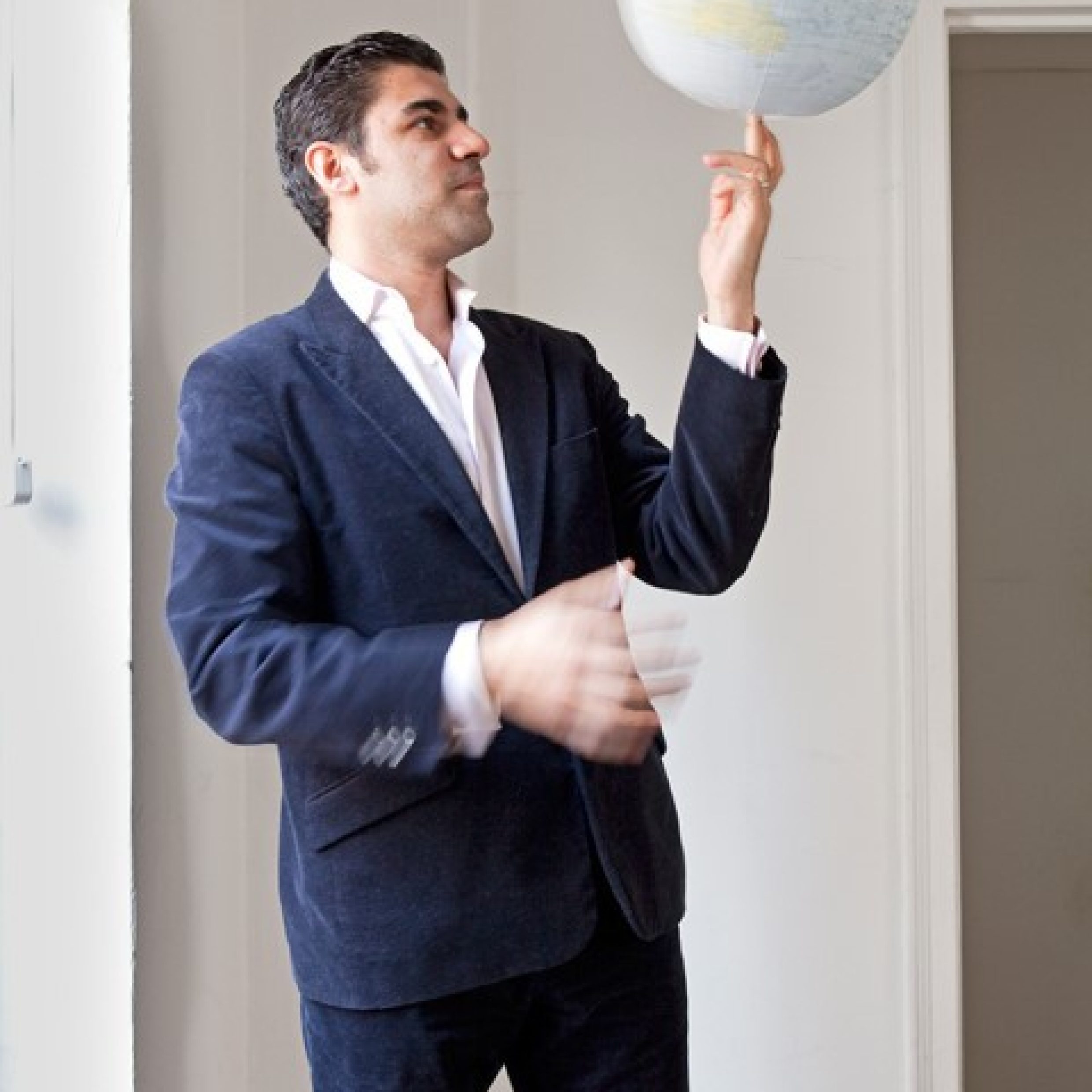
Should you not have called your book “The Future is China”?
Asia is more than China. This misconception was the main reason for writing my latest book. In addition to 1.4 billion Chinese, around 3.5 billion other people live in Asia and the smaller Asian countries are becoming increasingly self-determined. We are seeing a collective economic rise in the megaregion, the fourth wave of the boom is happening now in the south and southeast Asian countries, including Thailand, Singapore and Indonesia. We should consider Asia as an emerging system that cultivates close trading relations and is so strong today that the West must ask itself: do we want to be involved there or not?
How?
If Europe or America want to achieve something in this century, they must demonstrate their relevance to Asia. They must be present and win hearts and minds and consumer markets on the ground, otherwise they will become surplus to requirements. Interestingly, the US and Europe are responding differently.
How so?
In the shadow of the trade war between China and the US, Europe has not only almost doubled its trade with China, but has also concluded many free trade agreements, including with Japan, South Korea and recently with Vietnam. With Joe Biden as president, this development will probably lose some momentum.
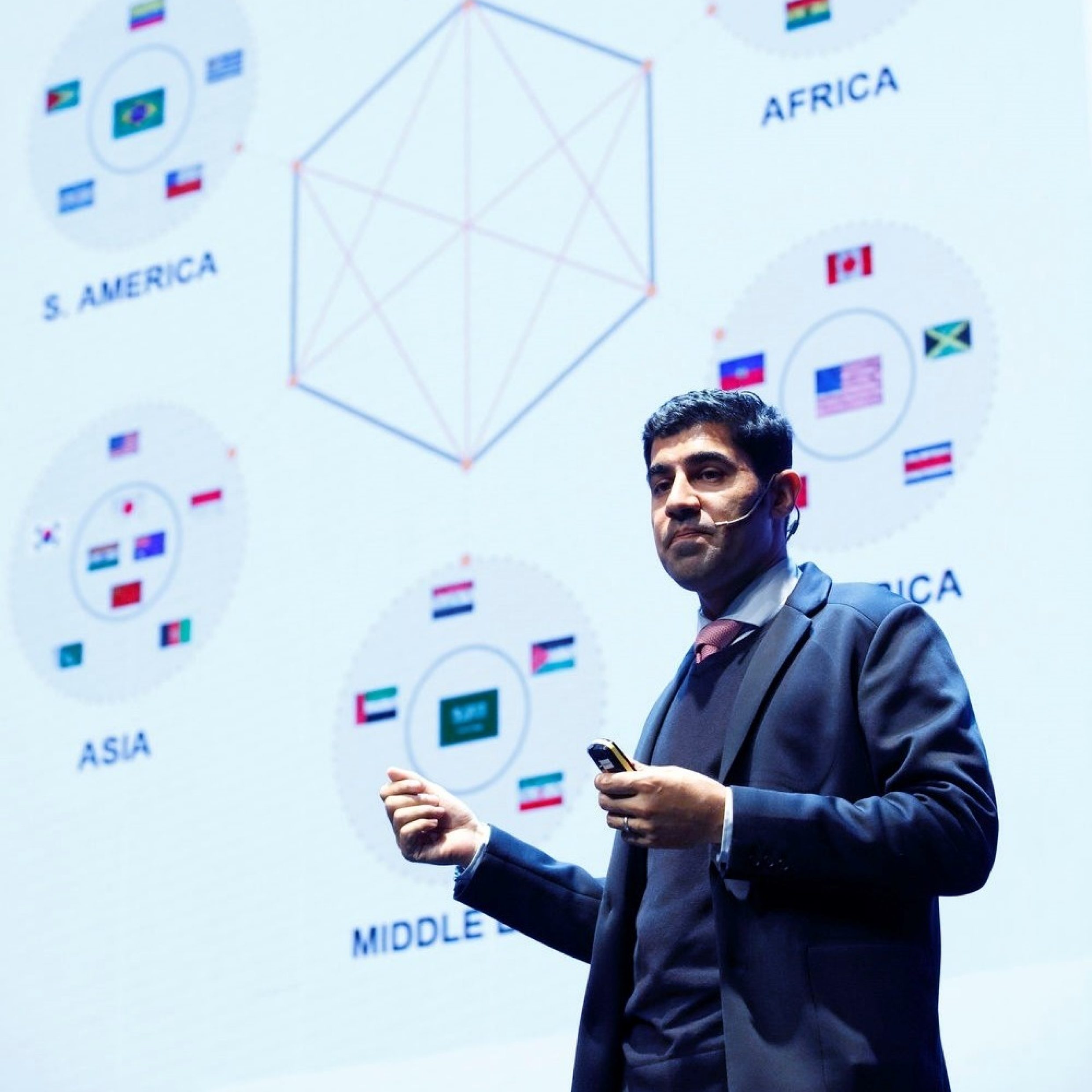
What other aces has Europe got up its sleeve?
The continent has a technological edge as well as good political relations with Asia that have evolved over time and is geographically better connected to Asia than the US and is becoming even more so with the Belt and Road initiative.
What does this development mean for Western self-determination? Are we at risk of depending on the Asian powerhouses?
No, Asia will never replace the West. Instead, we have a multipolar world, a mixture of east and west. I like to refer to it as historic layers like you would see on a painting. While the 19th century was European and the 20th century American, the Asian colours are now being added and they shine brightly.
Nevertheless, Europe is sometimes apprehensive about the Asian century. Can you understand that?
I’ve felt this scepticism and fear for many years. It stems partly from a lack of knowledge – the more you know about Asia, the less threatening it appears. But above all, it comes down to a lack of self-confidence in Europe. Asia offers enormous opportunities – especially for Europe. Self-determination does not mean isolation, but cooperation with Asia.
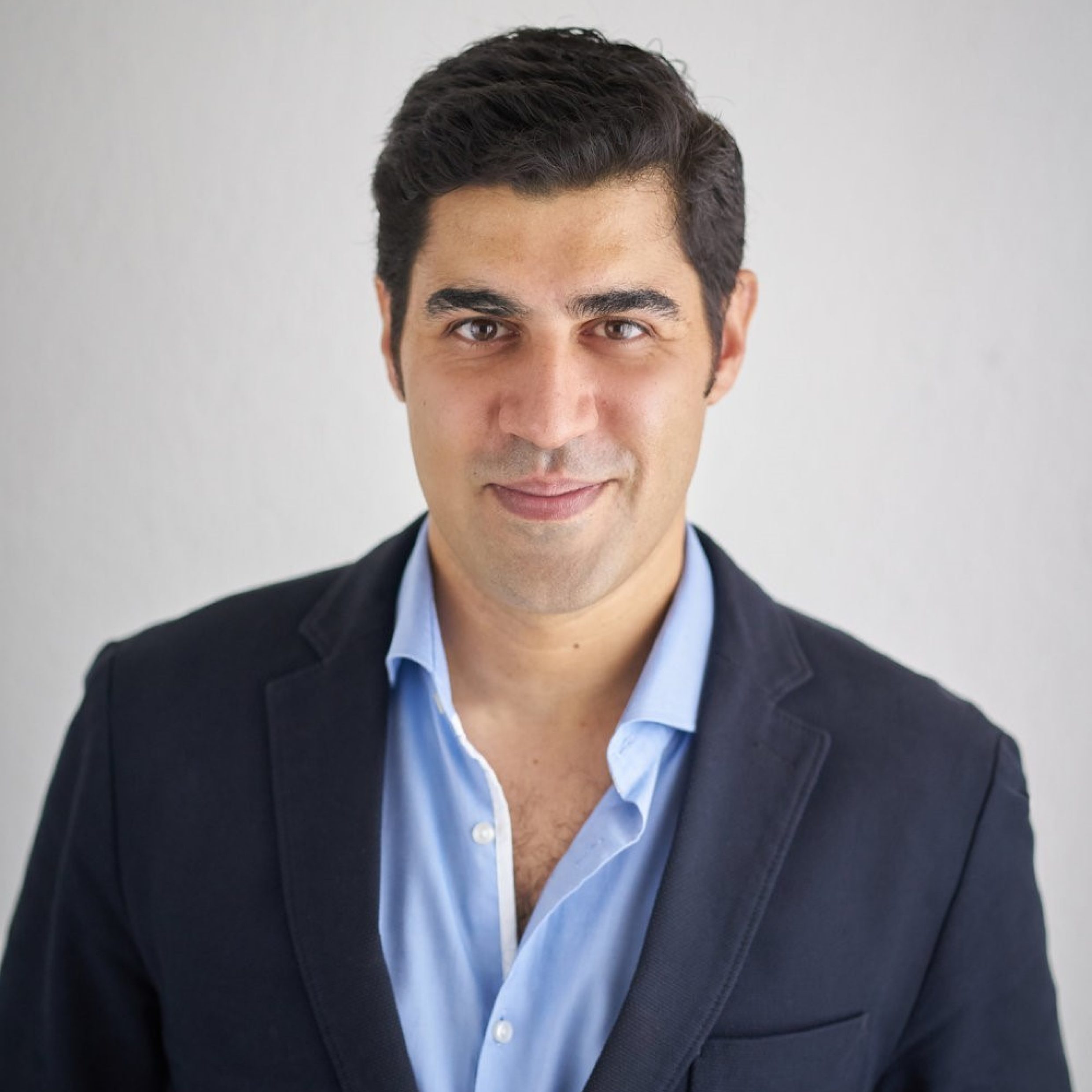
A central Western concern is liberal democracy: is it threatened by Asianisation?
Again, that comes from looking solely at China’s system and overlooking India, Japan, South Korea or the Philippines: more people live in democratic states in Asia than elsewhere. Achievements such as entrepreneurship, capitalism, democracy and individualism are here to stay. But there is a tendency to technocracy – strong leaders and professional management of the state. Generally speaking, however, we are not only seeing an Asianisation of the world taking place at the moment, but also a Europeanisation of Asia.
Can you elaborate on that?
Many countries strive for European models, for example in the areas of welfare state, education system or research – but they do not call it Europeanisation, but rather modernisation or rising materialism. Europe is now a much stronger reference point in Asia than the US.
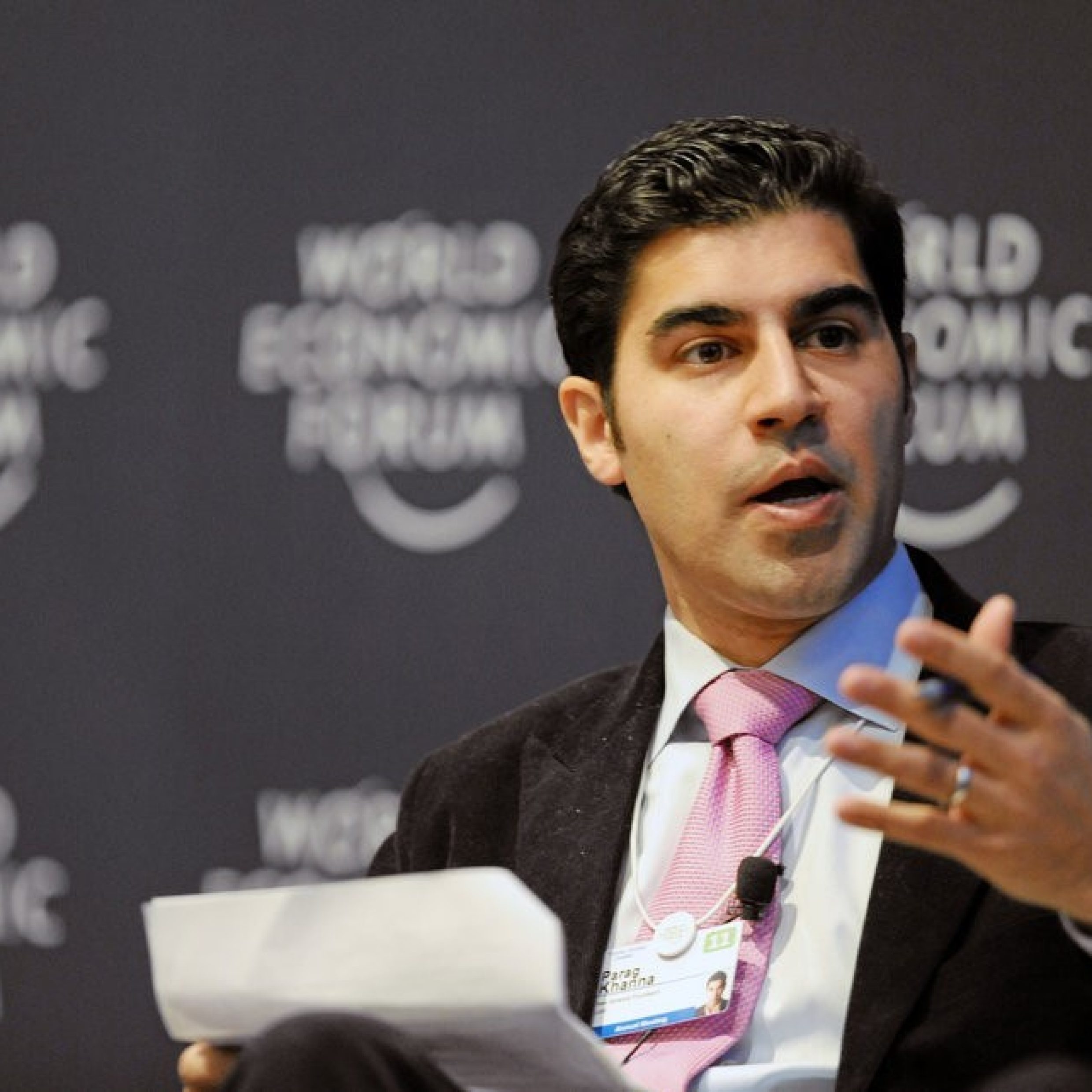
Does this modernisation also lead to more self-determination and individualisation in the traditionally collectivist societies?
Yes and no, the new Asian materialism is very nice to see in Crazy Rich Asians, the Hollywood film about super-rich Singaporeans. Besides all the cars, yachts and private jets, you also see that the young generation in the film is quite independent and pursues its own goals. I think that applies to many, even less prosperous, social strata in Asia. At the same time, Asian cultures still have a multi-generational core; the young have a lot of responsibility towards their parents and grandparents and that sense of community is still important today.
So, your analysis is that in spite of the tectonic power shift, everything will turn out well. Where does this optimism come from?
I call this serendipitous optimism. It’s not reasoning or mutual sympathy, but self-interest that will lead to individual states growing closer together. And this increasing connectivity makes the entire global system – as an unintended consequence – more resilient. We are becoming a global community of destiny.

Parag Khanna
Parag Khanna (43) is an Indian-American political scientist and strategy consultant who, according to Esquire, is one of the “75 most influential people of the 21st century”. He is a CNN expert in globalisation and geopolitics and regularly publishes articles and essays in, for example, the New York Times, the Washington Post and the Financial Times. He also worked for the American thinktank Brookings Institution and the World Economic Forum, as well as acting as a foreign policy advisor to Barack Obama’s presidential campaign. The books of the Indian-born author have been translated into more than 20 languages, the most recent being “The Future is Asian” (Simon & Schuster). Khanna was born in India, grew up in the United Arab Emirates and studied in the US, England and Germany. He has been living in Singapore with his wife and two children since 2012.
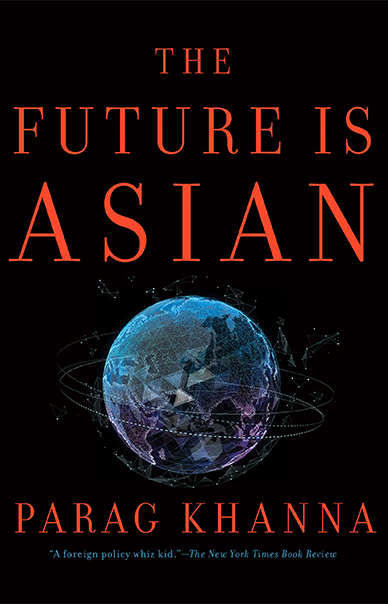

.jpg)

